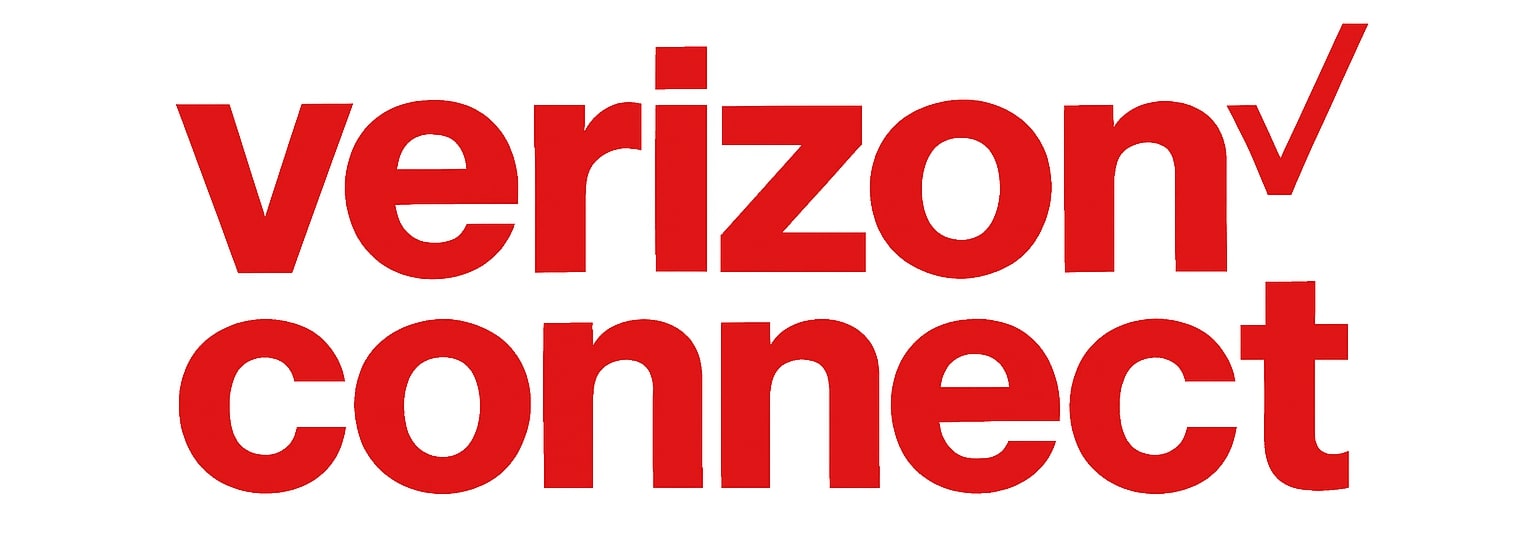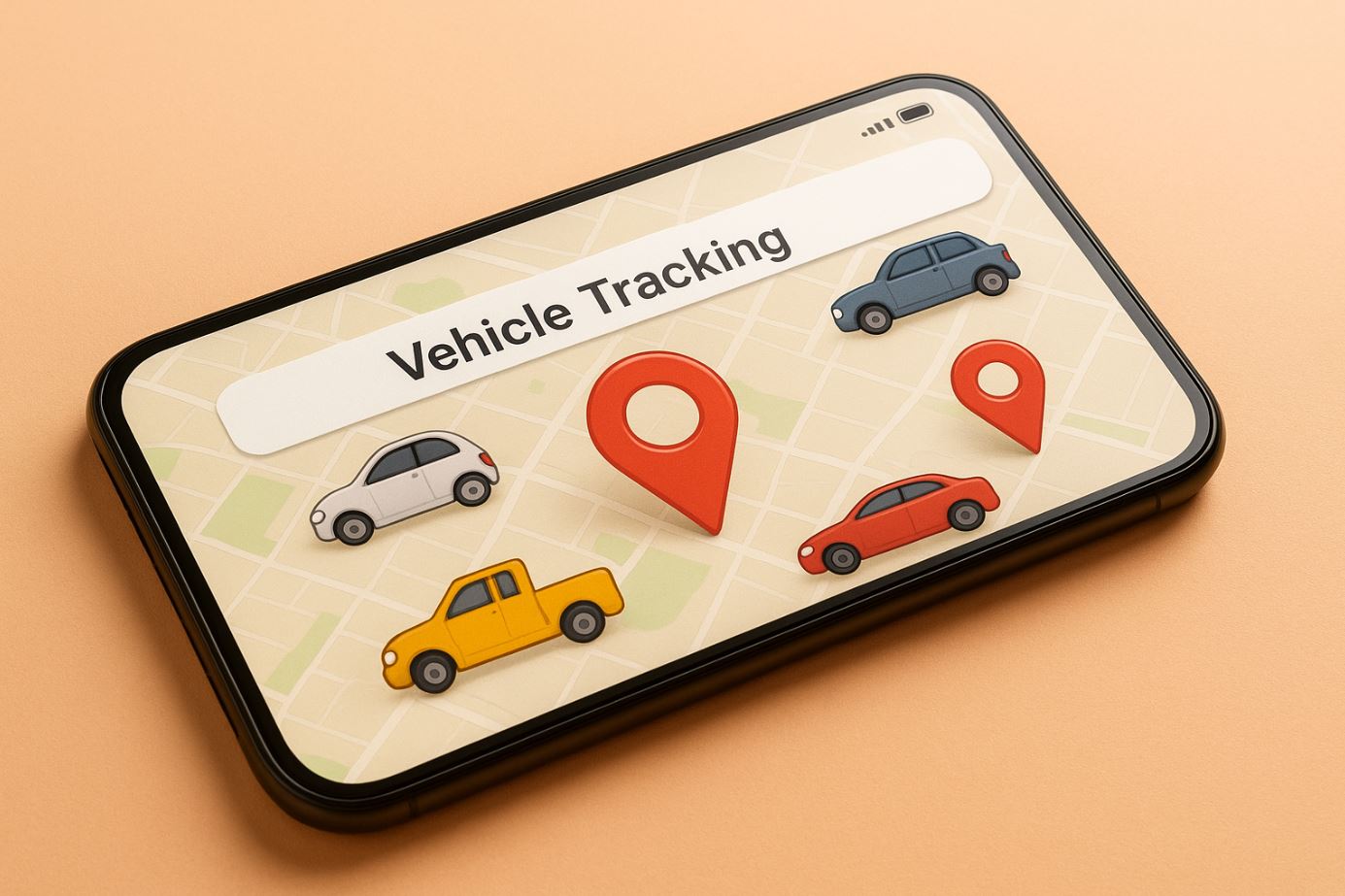Top Benefits of GPS Vehicle Tracking Fleet Management Solutions for Modern Businesses
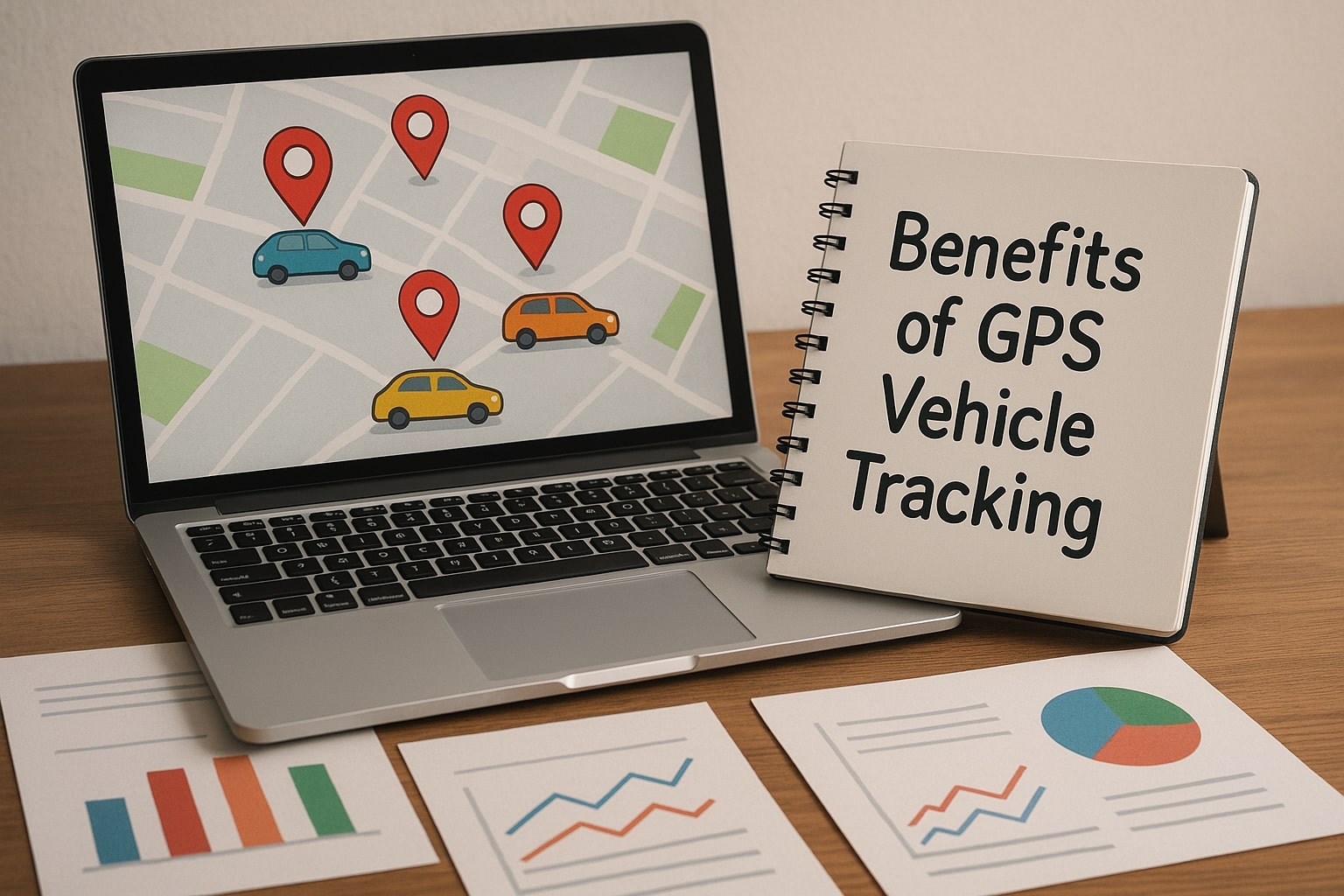
In today’s competitive business landscape, fleet management has evolved from simple vehicle oversight to sophisticated, technology-driven operations that directly impact profitability and efficiency. Consequently, GPS vehicle tracking solutions have emerged as indispensable tools for modern businesses seeking to optimize their fleet operations, reduce costs, and enhance customer satisfaction. Furthermore, with the increasing complexity of supply chains and rising fuel costs, companies are turning to advanced fleet management technologies to maintain their competitive edge.
Table of Contents
- Quick Summary
- What is Vehicle Tracking and Why Does Your Business Need It?
- Which Vehicle Tracking Service Providers Lead the Market?
- What Are the Core Benefits of GPS Fleet Management Solutions?
- How Can GPS Tracking Enhance Your Operational Efficiency?
- What Cost Reductions and Financial Benefits Can You Expect?
- How Do These Systems Improve Safety and Security?
- Can GPS Fleet Management Really Enhance Customer Service?
- What Compliance and Regulatory Benefits Should You Know About?
- How Do These Solutions Impact Environmental Sustainability?
- What Technology Integration Options Are Available?
- What Should You Consider When Implementing These Solutions?
- Summing up
- Frequently Asked Questions
- Benefits of Cooperation with Solution for Guru
Quick Summary
GPS vehicle tracking fleet management solutions provide modern businesses with comprehensive tools to monitor, manage, and optimize their fleet operations. Moreover, these systems offer real-time visibility into vehicle locations, driver behavior, fuel consumption, and maintenance needs. Additionally, leading providers like Azuga, Motive, Samsara, and Verizon Connect deliver advanced features including predictive analytics, driver safety coaching, and automated compliance reporting. Subsequently, businesses implementing these solutions typically experience 15-25% reduction in fuel costs, 20-30% improvement in productivity, and significant enhancements in customer satisfaction through better service delivery.
What is Vehicle Tracking and Why Does Your Business Need It?
Vehicle tracking represents a sophisticated technology system that utilizes Global Positioning System (GPS) satellites, cellular networks, and advanced software platforms to monitor and manage fleet vehicles in real-time. Essentially, this technology combines hardware devices installed in vehicles with cloud-based software applications that provide comprehensive fleet visibility and control.
At its core, vehicle tracking involves several key components working together seamlessly. Initially, GPS receivers installed in vehicles collect location data from satellites, while cellular modems transmit this information to central servers. Subsequently, advanced analytics engines process this data to generate actionable insights about vehicle performance, driver behavior, and operational efficiency.
Modern vehicle tracking systems extend far beyond simple location monitoring. Instead, they incorporate multiple data streams including engine diagnostics, fuel consumption metrics, driver behavior indicators, and environmental sensors. Consequently, fleet managers gain unprecedented visibility into their operations, enabling data-driven decision-making and proactive management strategies.
Furthermore, these systems integrate with existing business software including Enterprise Resource Planning (ERP) systems, Customer Relationship Management (CRM) platforms, and accounting software. Therefore, vehicle tracking becomes part of a comprehensive business intelligence ecosystem that supports strategic planning and operational optimization.
Which Vehicle Tracking Service Providers Lead the Market?
The vehicle tracking industry features several prominent providers, each offering unique capabilities and specializations that cater to different business needs and fleet sizes.
How Does Azuga Compare for Fleet Management Solutions?

Azuga stands out as a comprehensive fleet management provider that emphasizes driver safety and operational efficiency. Specifically, their platform combines GPS tracking with advanced driver behavior monitoring, creating a holistic approach to fleet management. Moreover, Azuga’s proprietary SafeDrive program uses real-time coaching to improve driver performance and reduce accident rates.
The platform’s strength lies in its user-friendly interface and robust reporting capabilities. Additionally, Azuga offers industry-specific solutions for construction, field services, and delivery companies, ensuring that fleet management tools align with specific operational requirements. Furthermore, their integration capabilities allow seamless connection with popular business software platforms.
What Makes Motive (Formerly KeepTruckin) Stand Out?

Motive has established itself as a leader in the commercial fleet management space, particularly for trucking and logistics companies. Notably, their platform excels in Electronic Logging Device (ELD) compliance and Hours of Service (HOS) management, making it an ideal solution for businesses operating under Department of Transportation regulations.
The platform’s artificial intelligence capabilities set it apart from competitors. Specifically, Motive uses machine learning algorithms to analyze driving patterns, predict maintenance needs, and identify potential safety risks before they become serious issues. Moreover, their driver-facing cameras and AI-powered coaching provide immediate feedback to improve driving behavior.
Why Choose Samsara Connected Operations Platform?

Samsara represents the next generation of fleet management technology, combining traditional GPS tracking with Internet of Things (IoT) sensors and advanced analytics. Particularly, their platform excels in providing comprehensive visibility across entire operations, not just vehicles.
The company’s strength lies in its scalable architecture and modern user experience. Additionally, Samsara’s open API platform allows for extensive customization and integration with existing business systems. Furthermore, their real-time dashboards and mobile applications provide fleet managers with instant access to critical operational data from any location.
How Does Verizon Connect Deliver Fleet Management Excellence?
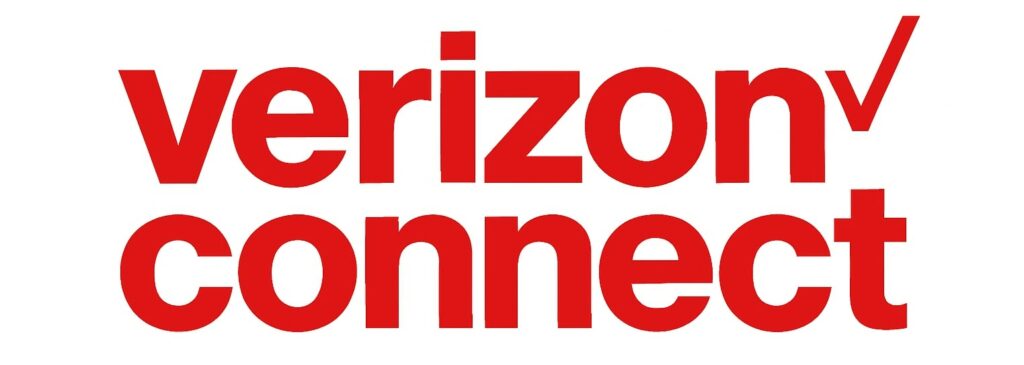
Verizon Connect leverages the telecommunications giant’s extensive network infrastructure to provide reliable, high-performance fleet tracking solutions. Consequently, their platform offers exceptional connectivity and data transmission capabilities, even in remote locations where other providers might struggle.
The platform’s integration with Verizon’s broader business solutions creates unique opportunities for comprehensive business management. Moreover, their advanced analytics and machine learning capabilities help businesses optimize routes, reduce fuel consumption, and improve overall operational efficiency. Additionally, Verizon Connect’s focus on cybersecurity ensures that sensitive fleet data remains protected.
How Do These Leading Providers Compare?
Understanding the differences between these leading vehicle tracking providers helps businesses make informed decisions based on their specific requirements and priorities.
What Are the Core Benefits of GPS Fleet Management Solutions?
GPS fleet management solutions deliver transformative benefits that extend far beyond simple vehicle location tracking. Indeed, these comprehensive systems create value across multiple business dimensions, from operational efficiency to customer satisfaction.
| Benefit Category | Primary Advantages | Typical ROI Timeline |
|---|---|---|
| Operational Efficiency | Route optimization, dispatch improvement, asset utilization | 3-6 months |
| Cost Reduction | Fuel savings, maintenance optimization, insurance discounts | 6-12 months |
| Safety & Security | Accident reduction, theft prevention, driver coaching | 6-18 months |
| Customer Service | Accurate ETAs, service reliability, communication improvement | 1-3 months |
| Compliance | Automated reporting, regulatory adherence, audit trails | Immediate |
The interconnected nature of these benefits creates a compounding effect where improvements in one area drive enhancements in others. For instance, better route optimization not only reduces fuel costs but also improves customer service through more accurate delivery times.
How Can GPS Tracking Enhance Your Operational Efficiency?
Operational efficiency represents the most immediate and measurable benefit of GPS fleet management solutions. Through real-time visibility and advanced analytics, businesses can identify and eliminate operational inefficiencies that have traditionally remained hidden.
Route optimization stands as perhaps the most significant efficiency driver. Advanced algorithms analyze historical traffic patterns, real-time road conditions, and delivery requirements to calculate optimal routes for each vehicle. Consequently, businesses typically experience 10-20% reduction in total miles driven, translating directly to fuel savings and improved productivity.
Dispatch operations benefit tremendously from GPS fleet management systems. Rather than relying on radio communications and manual scheduling, dispatchers can assign jobs based on real-time vehicle locations and driver availability. Moreover, automated dispatch features can optimize job assignments continuously throughout the day, ensuring maximum productivity.
Asset utilization improvements occur through better understanding of vehicle usage patterns. Fleet managers can identify underutilized vehicles and optimize fleet size accordingly. Additionally, detailed reports on vehicle idle time help eliminate unnecessary engine runtime, reducing both fuel consumption and engine wear.
Driver productivity enhancements result from elimination of administrative tasks and improved communication. Electronic timesheets, automatic mileage logging, and digital job completion reduce paperwork significantly. Furthermore, mobile applications enable drivers to receive job assignments, navigate efficiently, and communicate with dispatchers without manual processes.
Maintenance scheduling becomes proactive rather than reactive through vehicle diagnostics monitoring. Systems can track engine hours, mileage, and diagnostic codes to predict when maintenance is needed. Therefore, businesses can schedule maintenance during downtime rather than experiencing unexpected breakdowns that disrupt operations.
What Cost Reductions and Financial Benefits Can You Expect?

The financial impact of GPS fleet management solutions extends across multiple cost categories, creating substantial return on investment for businesses of all sizes. Furthermore, these cost reductions often exceed initial implementation costs within the first year of deployment.
Fuel cost reduction represents the most significant financial benefit for most fleets. Through route optimization, idle time reduction, and driver behavior improvement, businesses typically achieve 15-25% reduction in fuel consumption. Additionally, speed monitoring and harsh driving alerts help maintain optimal fuel efficiency across the entire fleet.
| Cost Category | Average Reduction | Annual Savings (100 Vehicle Fleet) |
|---|---|---|
| Fuel Costs | 15-25% | $75,000 – $125,000 |
| Maintenance Costs | 10-20% | $25,000 – $50,000 |
| Insurance Premiums | 5-15% | $10,000 – $30,000 |
| Administrative Costs | 20-30% | $15,000 – $35,000 |
| Overtime Expenses | 10-25% | $20,000 – $60,000 |
Vehicle maintenance costs decrease through predictive maintenance capabilities and driver behavior improvements. By monitoring engine diagnostics and scheduling maintenance based on actual vehicle condition rather than arbitrary time intervals, businesses avoid unnecessary service while preventing costly breakdowns. Moreover, driver coaching programs reduce harsh driving behaviors that accelerate vehicle wear.
Insurance cost reductions often result from improved safety records and risk management capabilities. Many insurance providers offer discounts for fleets using GPS tracking systems, recognizing their positive impact on accident reduction. Additionally, detailed driving records and incident documentation help resolve insurance claims more efficiently.
Administrative cost savings emerge from automation of previously manual processes. Electronic logging eliminates paper-based systems, while automated reporting reduces administrative workload. Furthermore, integrated billing and payroll systems streamline back-office operations significantly.
Unauthorized vehicle use elimination prevents fuel theft, unauthorized mileage, and potential liability issues. Real-time alerts notify managers of after-hours vehicle use or deviations from approved routes. Consequently, businesses can prevent misuse while ensuring vehicles remain available for business purposes.
How Do These Systems Improve Safety and Security?
Safety and security enhancements through GPS fleet management solutions protect both valuable assets and human resources while reducing liability exposure. Moreover, these improvements often yield benefits that extend far beyond immediate cost savings.
Driver safety improvements occur through comprehensive behavior monitoring and coaching programs. Systems track speeding, harsh braking, rapid acceleration, and aggressive cornering to identify risky driving patterns. Subsequently, managers can provide targeted coaching to help drivers develop safer habits, resulting in 20-40% reduction in accident rates.
Real-time safety alerts enable immediate intervention when dangerous situations develop. If a driver exceeds speed limits or exhibits harsh driving behaviors, managers receive instant notifications allowing for immediate corrective action. Additionally, panic buttons and emergency features ensure drivers can request help quickly during emergencies.
Vehicle security features protect against theft and unauthorized use through multiple layers of protection. GPS tracking enables rapid vehicle recovery if theft occurs, while immobilization features can prevent unauthorized starting. Furthermore, geofencing alerts notify managers if vehicles leave designated areas without authorization.
Accident management becomes more efficient and accurate with GPS fleet management systems. Detailed driving records and location data provide clear evidence for insurance claims and legal proceedings. Moreover, automatic crash detection can trigger emergency response protocols, potentially saving lives through faster medical intervention.
| Safety Metric | Improvement Range | Business Impact |
|---|---|---|
| Accident Frequency | 20-40% reduction | Lower insurance premiums, reduced liability |
| Speeding Incidents | 30-50% reduction | Improved safety scores, fuel savings |
| Harsh Driving Events | 25-45% reduction | Extended vehicle life, lower maintenance costs |
| Emergency Response Time | 40-60% improvement | Enhanced driver safety, regulatory compliance |
Driver fatigue management helps prevent accidents caused by drowsy driving. Systems can monitor driving hours and alert managers when drivers approach regulatory limits or show signs of fatigue. Additionally, route planning can incorporate mandatory rest periods to ensure drivers remain alert and safe.
Can GPS Fleet Management Really Enhance Customer Service?
Customer service improvements through GPS fleet management solutions create competitive advantages that drive revenue growth and customer retention. Indeed, the ability to provide accurate, real-time service information has become a critical differentiator in many industries.
Accurate delivery time estimates represent the most visible customer service improvement. Rather than providing vague time windows, businesses can offer precise arrival times based on real-time vehicle locations and traffic conditions. Consequently, customers can plan their schedules more effectively, leading to higher satisfaction rates.
Proactive communication capabilities enable businesses to inform customers about delays or changes before they become problems. If traffic or mechanical issues affect service schedules, customers receive automatic notifications with updated arrival times. Moreover, this transparency builds trust and demonstrates professional service standards.
Service quality improvements result from better resource allocation and route optimization. Technicians and delivery drivers can spend more time with customers rather than navigating inefficiently or searching for locations. Additionally, electronic job completion and customer signature capture streamline service processes.
Customer inquiry response becomes faster and more accurate with real-time fleet visibility. Customer service representatives can provide instant updates on service provider locations and arrival times. Furthermore, detailed service histories enable better problem resolution and follow-up communications.
Proof of service documentation protects both businesses and customers through detailed records of service completion. GPS timestamps, electronic signatures, and photo documentation provide indisputable evidence of work performed. Therefore, billing disputes decrease while customer confidence increases.
Emergency service response improves dramatically through optimal resource deployment. When urgent service requests arise, dispatchers can identify the closest available vehicle and provide accurate response time estimates. Moreover, real-time tracking ensures customers stay informed throughout the emergency response process.
What Compliance and Regulatory Benefits Should You Know About?
Regulatory compliance becomes significantly easier and more reliable with GPS fleet management solutions. Furthermore, automated compliance monitoring reduces the risk of violations while minimizing administrative burden on fleet managers.
Hours of Service (HOS) compliance for commercial drivers becomes automatic through Electronic Logging Device (ELD) integration. Systems track driving hours, rest periods, and duty status changes to ensure compliance with Department of Transportation regulations. Additionally, automatic violation alerts prevent drivers from exceeding legal limits.
International Fuel Tax Agreement (IFTA) reporting simplifies through automated mileage tracking by jurisdiction. Rather than maintaining manual logs, systems calculate exact distances traveled in each state or province for accurate tax reporting. Consequently, businesses avoid penalties while reducing administrative workload.
Environmental compliance monitoring helps businesses meet emissions standards and sustainability requirements. Systems can track fuel consumption, idle time, and route efficiency to calculate environmental impact. Moreover, detailed reports support environmental reporting requirements and sustainability initiatives.
| Compliance Area | Automation Level | Risk Reduction |
|---|---|---|
| HOS Compliance | Fully Automated | 95% reduction in violations |
| IFTA Reporting | Automated Calculation | 99% accuracy improvement |
| DOT Inspections | Preparation Assistance | 60% reduction in violations |
| Environmental Reporting | Automated Data Collection | 80% time savings |
Vehicle inspection compliance benefits from automated reminders and documentation systems. Managers receive alerts when inspections are due, while electronic forms ensure complete and accurate documentation. Additionally, photos and digital signatures provide audit trails for regulatory inspections.
Driver qualification monitoring ensures that licenses, certifications, and training requirements remain current. Systems can track expiration dates and alert managers when renewals are needed. Furthermore, integration with training providers can automate continuing education requirements.
Audit preparation becomes streamlined through comprehensive data collection and reporting capabilities. When regulatory agencies request documentation, businesses can quickly generate detailed reports covering all relevant compliance areas. Moreover, continuous monitoring helps identify and correct compliance issues before they become violations.
How Do These Solutions Impact Environmental Sustainability?

Environmental benefits of GPS fleet management solutions align with corporate sustainability goals while generating cost savings. Additionally, these improvements help businesses meet regulatory requirements and enhance their corporate social responsibility profiles.
Carbon footprint reduction occurs through multiple mechanisms including route optimization, idle time reduction, and improved fuel efficiency. By minimizing unnecessary miles driven and eliminating wasteful driving behaviors, fleets typically reduce carbon emissions by 15-30%. Moreover, detailed environmental reporting helps businesses track progress toward sustainability goals.
Fuel consumption optimization represents the most direct environmental benefit. Advanced analytics identify opportunities to reduce fuel usage through better route planning, speed management, and vehicle maintenance. Subsequently, reduced fuel consumption directly correlates to lower greenhouse gas emissions.
Electric vehicle integration support helps businesses transition to cleaner transportation options. Modern fleet management systems can monitor battery levels, plan charging schedules, and optimize routes based on electric vehicle range limitations. Furthermore, cost analysis tools help justify electric vehicle investments through operational savings.
| Environmental Metric | Typical Improvement | Annual Impact (100 Vehicle Fleet) |
|---|---|---|
| CO2 Emissions | 15-30% reduction | 500-1,000 tons saved |
| Fuel Consumption | 15-25% reduction | 50,000-80,000 gallons saved |
| Idle Time | 20-40% reduction | 2,000-4,000 hours saved |
| Route Efficiency | 10-20% improvement | 100,000-200,000 miles saved |
Waste reduction extends beyond fuel consumption to include paper elimination through digital processes. Electronic logging, digital signatures, and automated reporting replace paper-based systems significantly. Additionally, predictive maintenance helps extend vehicle life, reducing the environmental impact of vehicle manufacturing and disposal.
Sustainable routing algorithms can incorporate environmental factors beyond simple distance and time optimization. These systems consider factors such as elevation changes, traffic congestion, and vehicle load to minimize environmental impact. Consequently, businesses can balance operational efficiency with environmental responsibility.
Green certification support helps businesses achieve environmental certifications through detailed monitoring and reporting capabilities. Systems provide the data necessary for ISO 14001 certification and other environmental standards. Moreover, third-party verification becomes easier through comprehensive audit trails.
What Technology Integration Options Are Available?
Modern GPS fleet management solutions serve as platforms for broader technology integration, ensuring businesses remain competitive as technology evolves. Furthermore, these systems provide the foundation for emerging technologies including artificial intelligence, machine learning, and Internet of Things applications.
Artificial Intelligence integration enables predictive analytics that anticipate problems before they occur. Machine learning algorithms analyze historical data to predict vehicle maintenance needs, identify accident risks, and optimize operational parameters continuously. Consequently, businesses can transition from reactive to proactive management strategies.
Internet of Things (IoT) sensor integration expands monitoring capabilities beyond basic GPS tracking. Temperature sensors monitor cargo conditions, pressure sensors track tire health, and accelerometers detect harsh driving events. Moreover, these additional data streams provide comprehensive visibility into fleet operations.
Mobile technology integration ensures that fleet management capabilities remain accessible regardless of location. Smartphone applications provide drivers with navigation assistance, job assignments, and communication tools. Additionally, managers can monitor fleet operations and respond to issues from any location.
| Technology Integration | Current Capability | Future Potential |
|---|---|---|
| Artificial Intelligence | Basic analytics | Fully autonomous operations |
| IoT Sensors | Vehicle monitoring | Complete asset intelligence |
| Mobile Applications | Basic functionality | Augmented reality interfaces |
| Cloud Computing | Data storage | Edge computing integration |
Cloud computing provides scalable infrastructure that grows with business needs. Rather than investing in on-premises hardware, businesses can access enterprise-grade capabilities through subscription models. Furthermore, cloud-based systems ensure automatic updates and security improvements.
API integration capabilities enable connection with existing business systems including ERP, CRM, and accounting software. This integration eliminates data silos while ensuring that fleet management becomes part of comprehensive business intelligence systems. Moreover, custom integrations can address unique business requirements.
Cybersecurity features protect sensitive fleet data and ensure system reliability. Modern platforms incorporate encryption, multi-factor authentication, and intrusion detection to prevent unauthorized access. Additionally, regular security updates protect against emerging threats.
What Should You Consider When Implementing These Solutions?

Successful GPS fleet management implementation requires careful planning and consideration of multiple factors. Moreover, businesses must balance immediate needs with long-term objectives to ensure maximum return on investment.
Technology selection should align with specific business requirements and fleet characteristics. Small delivery fleets have different needs than long-haul trucking operations or construction companies. Therefore, businesses should evaluate providers based on industry expertise and feature alignment rather than simply comparing prices.
Change management becomes critical for successful adoption across the organization. Drivers and managers must understand the benefits and proper usage of new systems to achieve expected results. Additionally, training programs should address concerns and demonstrate how technology improves rather than complicates daily operations.
Data quality and accuracy directly impact system effectiveness. Businesses must establish processes for maintaining accurate vehicle, driver, and customer information. Furthermore, regular system audits help identify and correct data issues that could affect reporting accuracy.
Phased implementation approaches often prove more successful than attempting to deploy all features simultaneously. Starting with basic tracking and gradually adding advanced features allows organizations to adapt and optimize usage over time. Moreover, phased approaches enable better change management and user adoption.
Integration planning ensures that fleet management systems work effectively with existing business processes. This includes technical integration with software systems as well as process integration with operational workflows. Subsequently, businesses can maximize efficiency gains through seamless information flow.
Performance measurement establishes baselines and tracks improvement over time. Key performance indicators should align with business objectives while providing actionable insights for continuous improvement. Additionally, regular performance reviews help optimize system usage and identify additional opportunities.
Summing up
GPS vehicle tracking fleet management solutions have evolved into comprehensive business intelligence platforms that deliver transformative benefits across multiple operational dimensions. Through real-time visibility, advanced analytics, and automated processes, these systems enable modern businesses to achieve unprecedented levels of operational efficiency, cost reduction, and customer service excellence.
Leading providers including Azuga, Motive, Samsara, and Verizon Connect continue to innovate and expand their capabilities, incorporating artificial intelligence, machine learning, and Internet of Things technologies to create even more powerful fleet management solutions. These platforms now serve as foundations for digital transformation initiatives that extend far beyond traditional vehicle tracking.
The financial benefits of GPS fleet management solutions typically justify implementation costs within 6-12 months, while long-term benefits continue to compound through improved operational efficiency and strategic capabilities. Safety improvements protect both human resources and valuable assets while reducing liability exposure and insurance costs.
Customer service enhancements create competitive advantages that drive revenue growth and customer retention. The ability to provide accurate, real-time service information has become a critical differentiator in many industries, while proactive communication capabilities build customer trust and satisfaction.
Environmental benefits align with corporate sustainability goals while generating additional cost savings through reduced fuel consumption and optimized operations. As businesses face increasing pressure to demonstrate environmental responsibility, GPS fleet management solutions provide both the tools and documentation necessary to meet these requirements.
Technology integration capabilities ensure that fleet management investments remain valuable as business needs evolve. Modern platforms provide the foundation for emerging technologies while maintaining compatibility with existing business systems through comprehensive API capabilities.
Successful implementation requires careful planning, appropriate technology selection, and comprehensive change management. However, businesses that invest in quality GPS fleet management solutions consistently achieve significant improvements in operational efficiency, cost reduction, safety performance, and customer satisfaction. Moreover, these systems position businesses for continued success in an increasingly competitive and technology-driven marketplace.
As fleet management technology continues to evolve, early adopters of comprehensive GPS tracking solutions will maintain competitive advantages through superior operational capabilities and customer service excellence. The providers mentioned throughout this article – Azuga, Motive, Samsara, and Verizon Connect – represent proven partners for businesses seeking to leverage vehicle tracking technology for sustainable competitive advantage.
Frequently Asked Questions
Most businesses experience positive ROI within 6-12 months of implementing GPS fleet management solutions. The average ROI ranges from 300-500% annually through fuel savings (15-25% reduction), improved productivity (20-30% increase), reduced insurance costs (5-15% decrease), and lower maintenance expenses (10-20% reduction). Additionally, many businesses discover unexpected benefits such as improved customer satisfaction and reduced liability exposure that contribute to overall ROI.
GPS fleet management systems improve driver safety through real-time behavior monitoring, instant coaching, and comprehensive reporting. These systems track speeding, harsh braking, rapid acceleration, and aggressive cornering to identify risky driving patterns. Subsequently, managers can provide targeted coaching while automated alerts enable immediate intervention when dangerous situations develop. Research indicates that fleets using GPS tracking systems experience 20-40% reduction in accident rates and 30-50% reduction in speeding incidents.
GPS fleet management solutions automate many compliance requirements including Hours of Service tracking through ELD integration, IFTA reporting through automated mileage calculation, and DOT inspection preparation through maintenance scheduling. These systems maintain detailed audit trails, generate required reports automatically, and provide alerts when compliance deadlines approach. Consequently, businesses experience 95% reduction in HOS violations and 99% improvement in IFTA reporting accuracy while significantly reducing administrative workload.
Benefits of Cooperation with Solution for Guru
Partnering with Solution for Guru (https://www.solution4guru.com/) provides businesses with expert guidance throughout their GPS fleet management implementation journey. Our comprehensive consulting services ensure that organizations select the most appropriate technology solutions while maximizing return on investment through strategic implementation approaches.
Solution for Guru’s technology consulting expertise spans across all major fleet management platforms including Azuga, Motive, Samsara, and Verizon Connect. Consequently, we provide unbiased recommendations based on specific business requirements rather than vendor preferences. Our experienced consultants conduct thorough needs assessments to identify the optimal combination of features, pricing, and support for each unique situation.
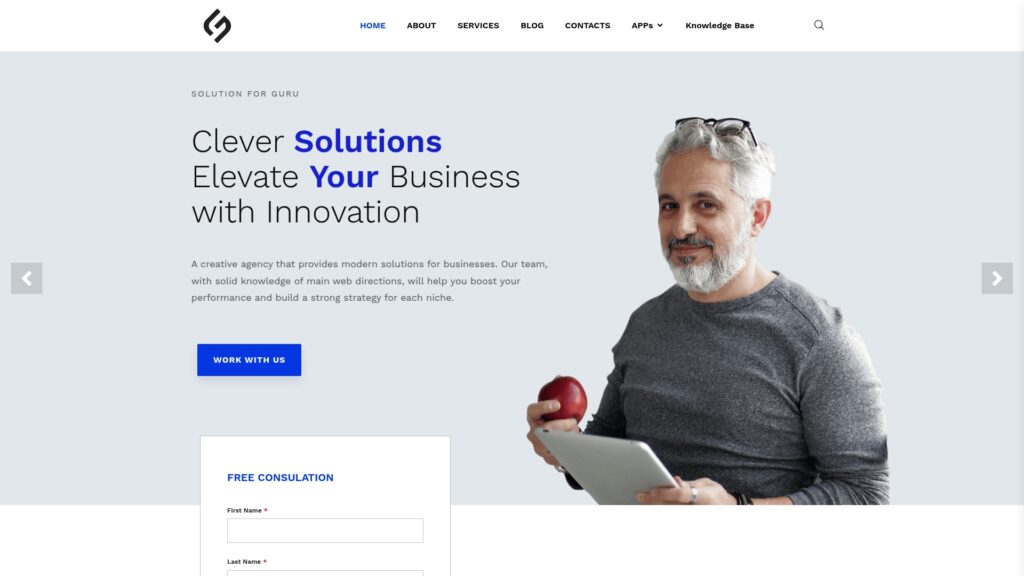
Solution for Guru’s commitment to client success extends beyond initial implementation through continuous improvement consulting and strategic planning services. We help organizations leverage emerging technologies, expand system capabilities, and optimize operational processes to maintain leadership positions in their respective markets.
Recommended
- Vehicle Tracking Online
- Business Vehicle Tracking: Boosting Efficiency and Accountability on the Road
- Auto and Renters Insurance Bundle
- Preferred Auto Insurance Companies
- How to Get Auto Insurance Online
- Auto Insurance for Farms
- Auto International Insurance
- Comparing Commercial Auto Insurance
- The Top Commercial Auto Insurance Options



